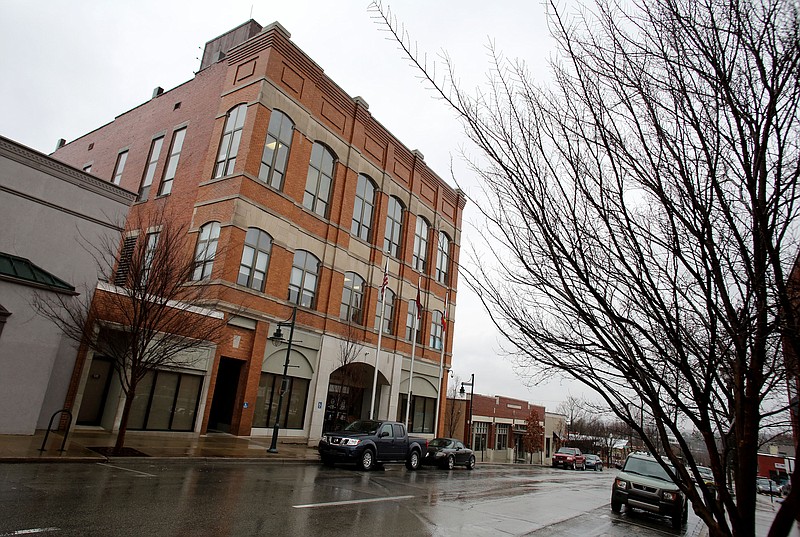FAYETTEVILLE -- The city has more than $500,000 left from the federal Coronavirus Aid, Relief and Economic Security Act. A resident advisory panel this week will discuss potential ways to spend the money.
The City Council on Tuesday voted to ask the Community Development and Assistance Programs Advisory Board to review a proposal that would send $557,298 in unspent CARES Act money to two health care providers in the city.
The proposal would split the money between the University of Arkansas for Medical Sciences and Community Clinic. UAMS would receive $483,430 for a mobile wellness unit to serve the city, while Community Clinic would get $73,868 to buy equipment and supplies related to covid-19 at the clinic's locations in the city.
The city received $992,482 in coronavirus aid money through the federal Community Development Block Grant program. It has spent $435,184 of it. Most of the money, $237,536, went to rent and utility assistance to residents who could not afford to pay because of reasons related to the pandemic.
More than $85,000 went to 7 Hills Homeless Center to establish a sanctioned camp for residents experiencing homelessness. The camp was open from August 2020 to October 2021 on city-owned land west of Curtis Avenue. Another $62,000 went toward hunger relief efforts with Seeds That Feed and St. James Missionary Baptist Church.
The most recent program the city started with the money was a mortgage assistance program for homeowners unable to pay for reasons related to covid-19. The city's Community Resources Division ended up receiving two applications totaling a little more than $19,000.
Notice of the mortgage program went on the city's website and social media pages, was published in the newspaper and shared with the community development advisory panel and partnering agencies, said Yolanda Fields, the city's community resources director. The state also started a mortgage assistance program, which may have contributed to the few applications the city saw, she said.
The city received $556,197 of the total in its most recent round of CARES Act money disbursement and has to spend 80% of it by the end of the year, or return the money. Fields said it became clear the city would not have met that goal with the mortgage assistance program, so she sought an alternative.
Fields represents the city on the regional Continuum of Care, a regional member organization that tackles issues such as homelessness, food insecurity and health, and saw a need for health care for the elderly, disabled and residents experiencing homelessness. She reached out to UAMS, Community Clinic and WelcomeHealth, who all serve those populations. WelcomeHealth previously had received $17,200 in federal financial aid.
The $483,430 proposed for UAMS would go toward a mobile wellness unit to serve the city. The school is holding off on buying the mobile unit pending City Council's decision on the use of the money, said Leslie Taylor, vice chancellor of communications and marketing.
The mobile unit would serve only the city, she said. It would cover a variety of medical needs for people who have difficulty getting to a doctor appointment on their own, including covid-19 vaccinations. UAMS has other mobile units that can serve Fayetteville, but they also serve other cities in Northwest Arkansas, Taylor said.
The $73,868 proposed for Community Clinic would go toward equipment and supplies needed to administer covid-19 tests and vaccines at the clinic's locations on Martin Luther King Jr. Boulevard and Owl Creek School and the clinic's mobile unit serving the city. Money also would go toward air filtration units for the Fayetteville clinics.
The clinics are still seeing patients who need to be treated for covid-19, said Judd Semingson, chief executive officer. Covid cases and hospitalizations are nowhere near where they were early this year, but the illness is still taking a toll, he said.
"We still see ebbs and flows of positive cases," Semingson said. "We still see individuals who are getting covid and are sometimes getting fairly sick."
